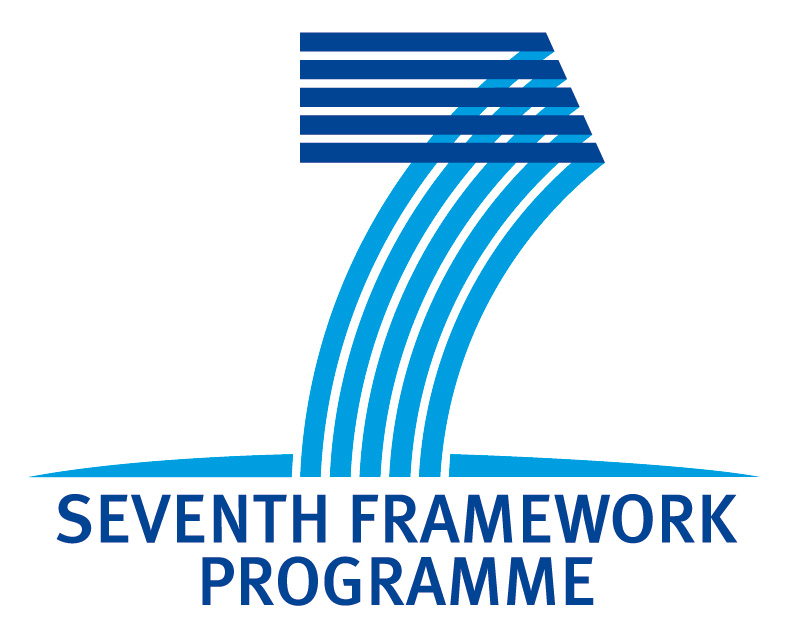|
The ASCENS project tackles the challenge of building systems that are open ended, highly parallel and massively distributed.Among the outputs of the project are coherent, integrated set of methods and tools that support the development of self-aware, self-adaptive and self-expressive systems. In particular, the goal is that tools that address different issues in the construction of these ensembles-based systems complement each other and can be used in a tool chain. The tools are to be used in their appropriate place in the Ensemble Development Life Cycle (EDLC). Please have a look at the EDLC tool phase list to see which tool is intended for which phase. Each tool address one or more phases of the engineering life cycle of software-intensive systems, i.e. their analysis, specification, verification, monitoring and adaptation.
The following tools have been developed or improved within the scope of the ASCENS project. Each of the following pages points to a user guide and a download site:
- ARGoS: High-performance and
extensible simulator for large swarms of heterogeneous robots.
- AVis: Awareness Visualizer plug-in for Eclipse.
- FACPL: A formal language for developing access control policies with an easily syntax and useful developing tools.
- Gimple Model Checker: GMC is an explicit state model checker for C and C++.
- IRM: Invariant Refinement Method
- jDEECo: Java-based implementation of the DEECo component model,
which is a reification of SCEL geared towards practical development of
software systems using SCEL concepts.
- jRESP: A runtime environment, developed in Java, that aims at
providing programmers with a framework that permits developing autonomic
and adaptive systems.
- jSAM: The Java Stochastic Model-Checker is an Eclipse plugin integrating a set of tools for stochastic analysis of concurrent and distributed
systems specified using process algebras.
- KnowLang: The
KnowLang Toolset provides a development environment for
Knowledge Reasoning (KR) where we can write KR specifications in
the KnowLang notation by using visual modeling tools and check for the
syntactical integrity and consistency of the KR models.
- MAIA: Adaptable Interface Automata for Maude.
- Maude Daemon Wrapper: The Maude Daemon Wrapper is a plugin integrating the Maude framework in the SDE environment.
- MESSI: A framework to model, debug and analyze self-assemble scenarios.
- MISSCEL: A MAUDE Interpreter and Simulator for SCEL.
- Iliad & POEM: An implementation of the POEM language that allows developers to analyze and execute POEM specifications.
- SCP: The Science Cloud Platform is a Platform as a Service (PaaS) solution.
- SMC-BIP: Statistical Model-Checking.
- SPL: The runtime performance awareness framework SPL provides a performance monitoring service for ensembles implemented in Java.
|
|
Last Updated on Thursday, 12 March 2015 18:55 |





